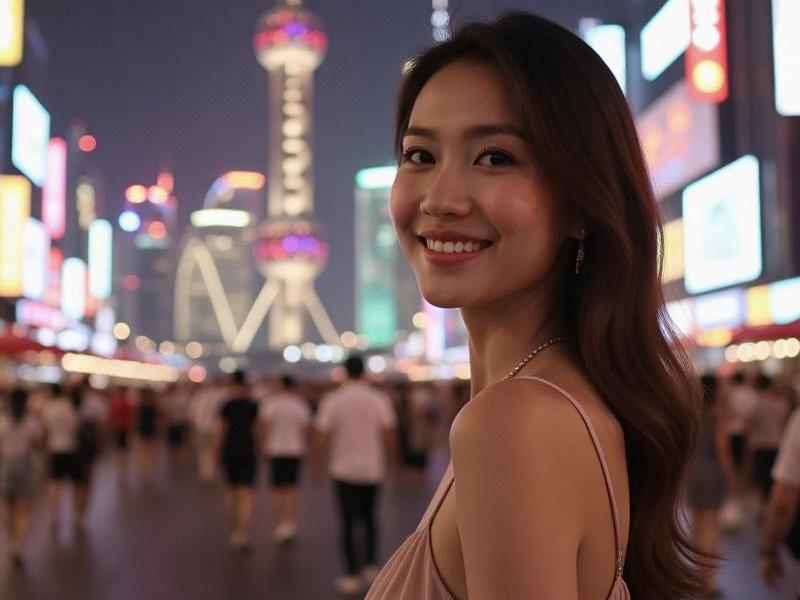This 2,700-word investigative feature examines how Shanghai's entertainment venues reflect the city's social transformation, balancing global influences with local characteristics amid China's evolving regulatory landscape

[Article Content]
The mirrored doors of Cloud Nine club in Shanghai's former French Concession slide open to reveal more than just a nightlife venue - they expose the complex ecosystem of China's most sophisticated entertainment market. Here, third-generation Shanghainese entrepreneurs mix with international hospitality groups, creating hybrid spaces that embody the city's dual identity as both Chinese metropolis and global city.
Industry Overview (2025):
• 4,200 licensed entertainment venues operating citywide
• Nighttime economy valued at ¥87 billion annually
• 62% of venues now incorporating cultural elements
• 38% decrease in traditional KTVs since 2020
Emerging Venue Typologies:
1. "Social Entertainment Complexes"
爱上海最新论坛 - Integrated F&B, performance, and retail
- Membership-based business models
- Technology-enhanced experiences
2. Cultural Hybrid Spaces
- Jazz clubs with Suzhou opera elements
- Art gallery-nightclub combinations
- Literary cocktail bars
3. Premium Business Lounges
- Discreet high-end networking venues
上海花千坊419 - Corporate event customization
- Concierge-level services
[Regulatory & Market Analysis]
• Licensing system reforms and compliance challenges
• Changing consumer demographics and spending patterns
• Impact of digital entertainment alternatives
• COVID-19 legacy on hygiene standards
"Shanghai's entertainment scene operates at the intersection of global trends and local realities," notes hospitality analyst James Peng. "The most successful venues understand they're not just selling services, but curating culturally intelligent experiences."
爱上海419 Cultural Significance:
• Preservation of 1930s "Great World" entertainment legacy
• Role in Shanghai's soft power projection
• Entertainment as social stratification indicator
• Creative industry networking hubs
Future Outlook:
• Virtual reality integration
• Sustainability-focused venue designs
• Niche market segmentation
• Regulatory uncertainty factors
As Shanghai continues its march toward becoming a global cultural capital, its entertainment venues serve as both mirror and engine of this transformation. From the historic ballrooms of the Peace Hotel to the neon-lit megaclubs of Found 158, these spaces don't just host nights out - they stage the ongoing drama of a city reinventing its relationship with leisure, luxury, and self-expression in the Chinese context.